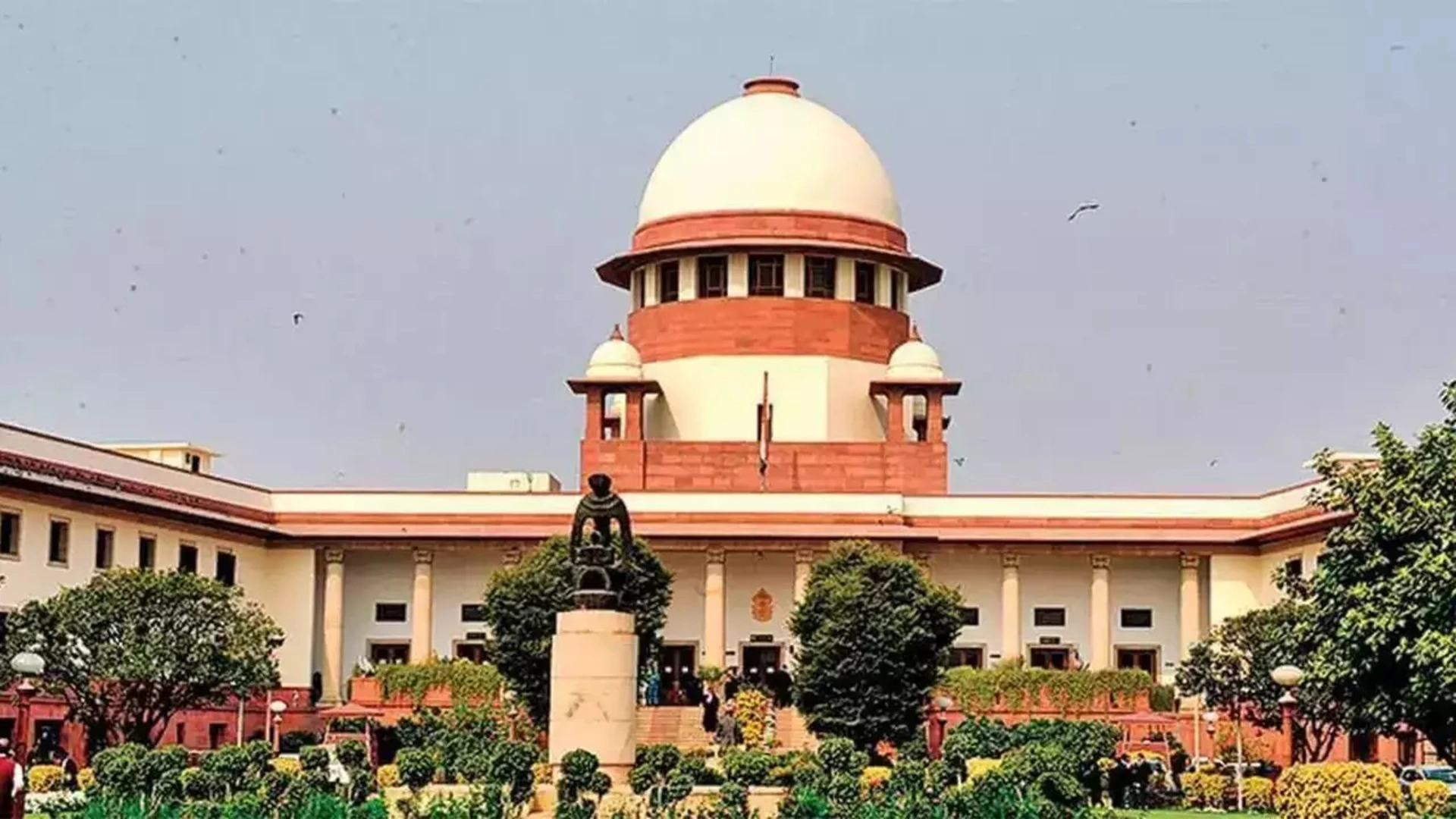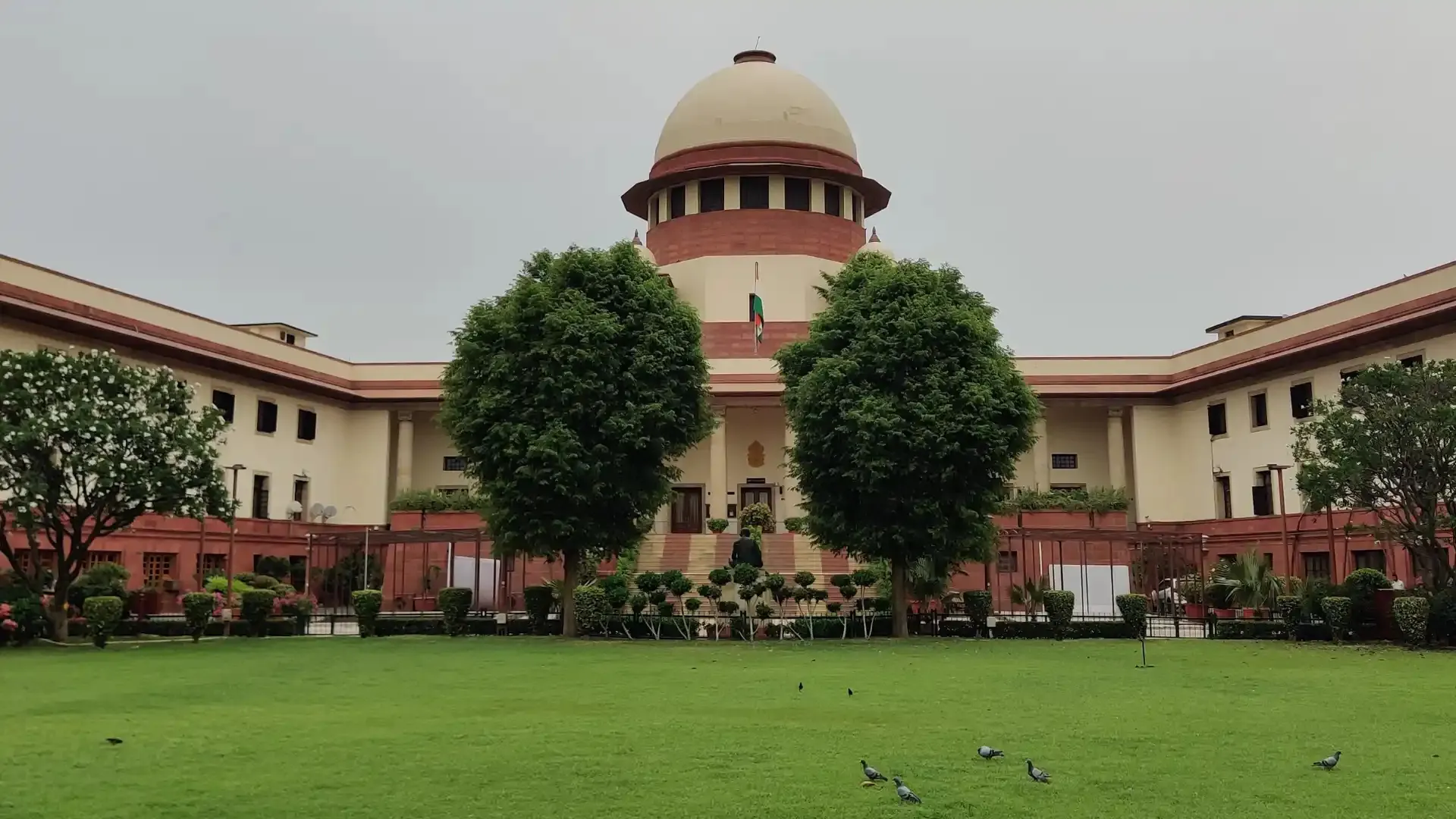On 4th February, 2021, Delhi Police lodged an FIR against the creator of the ‘toolkit’ which contained the steps and instructions on how to back the farmers’ protests. Though, the FIR has not specified any particular person in it, it specifies the offences of Sedition (Section 124A IPC), Promoting enmity between different groups on grounds of religion, race, place of birth etc. (Section 153A IPC) and Criminal Conspiracy (Section 120B read with Section 120A IPC) against the creator of the ‘toolkit’. This has raised an obvious question in public of liability of a foreign citizen under Indian Penal Code.

The most relevant provision to this issue is Section 2 of the Indian Penal Code, 1860 (hereinafter ‘IPC’) which provides that “Every person shall be liable to punishment under this Code and not otherwise for every act or omission contrary to the provisions thereof, of which he shall be guilty within India”. This section asserts the principle of criminal liability on the basis of the locality and place of the offence committed.
The question of extra-territoriality of the Code squarely arose in the case of Mobarak Ali Ahmed v. State of Bombay. In this case, the appellant, resident of Karachi came into a contract with the complainant through the exchange of letters and telephone messages by virtue of which, the appellant had to export rice to the complainant. The appellant committed an act which constitutes an offence of ‘Cheating’ under Section 420 IPC. The Court observed that “The fastening of criminal liability on a foreigner in respect of culpable acts or omissions in India which are juridically attributable to him notwithstanding that he is corporeally present outside India at the time, is not to give any extra-territorial operation to the law; for it is in respect of an offence, whose locality is in India, that the liability is fastened on the person and the punishment is awarded by the law, if his presence in India for the trial can be secured.” Thus, the Court held that it is the location of offence which is relevant and not the location of the offender. Similarly, in the case of Wheeler v. Emperor, it was observed that a foreigner who initiates an offence outside India that takes effect on Indian territory is liable under the Penal Code for the offence in question. Additionally, the Court in the case of Sardar Gurdayal Singh v. Raja of Faridkotheld that the criminal liability for an offence arises on the basis of the laws applicable in the country where the offence is committed, and not on the basis of laws applicable in the country of the person committing it.
Jurisprudence developed in other countries opines in the same direction. Paragraph 580 and 581 of Halsbury’s Laws of England (3rd Edition) Vol. 10 states that if a person, even if he resides outside the England, initiates an offence whose essential elements take effect in England, he will be equally amenable to English jurisdiction. The U.S Court in the case of Strassheim v. Dailey observed that “Acts done outside a jurisdiction, but intended to produce and producing detrimental effects within it, justify a State in punishing the cause of the harm as if he had been present at the effect, if the State should succeed in getting him within its power.” Further, the Permanent Court of International Justice in the case of S.S. Lotus observed that “It is certain that the courts of many countries, even of countries which have given their criminal legislation a strictly territorial character, interpret criminal law in the sense that offences, the authors of which at the moment of commission are in the territory of another State, are nevertheless to be regarded as having been committed in the national territory, if one of the constituent elements of the offence, and more especially its effects, have taken place there.”
From these judgments, it is clear that the essential aspect to be seen is the location of the commission of an offence and the effects of that offence. Once it is proved that the offence was committed or its effects were caused within the State, the fact that offender is a foreign citizen and was corporeally present outside the State at the time of commission of that offence is not relevant. Thus, it is the locality of the offence or its effects and not the nationality or locality of the offender which is relevant (exceptions being ambassadors, UN’s representatives etc.). The same opinion was given by Amphlett, J.A. (minority judgment) in the case of The Queen v. Keyn wherein he observed that “it is the locality of the offence that determines the jurisdiction”.
Thus, what is to be seen in the alleged offences is whether the essential ingredients or the effects of the offences allegedly committed by the creator of the ‘toolkit’ occurred within India. If the essential ingredients or the effects occurred within India, then the creator can be made liable under IPC.
The offences alleged against the creator in the FIR are the offences of Sedition (Section 124A IPC), Promoting enmity between different groups on grounds of religion, race, place of birth etc. (Section 153A IPC) and Criminal Conspiracy (Section 120B read with Section 120A IPC) against the creator of the ‘toolkit’. Now, it is to be examined that whether the creator can be made liable under these offences.
For the offence of Sedition, prosecution has to prove that the offender has either brought or attempted to bring hatred or disaffection towards the Government of India by words, signs etc. The only requirement is that the effects of such words should be caused or attempted to cause in India, which clearly is the case here (as the Indian users were targeted). Therefore, if the content of the ‘toolkit’ is declared as of the nature which brought or could bring hatred towards the Government, the creator can be lawfully made liable for this offence irrespective of his nationality and location at the commission of offence. Similarly, for the offence of Promoting Enmity, prosecution has to prove that the offender has either brought or attempted to bring hatred among different religious groups, communities etc. or committed any act which disturbed or could disturb the harmony among different religious groups, communities etc. Here as well, prosecution has to prove that the effects were caused or attempted to cause in India, which clearly is the case here (as Indian users were targeted). The only requirement now is to only prove that the content of the ‘toolkit’ was of such a nature that it brought or could bring the hatred among the communities. For the offence of criminal conspiracy, prosecution has to only prove that there was a meeting of mind of two or more people to cause such effects in India.
Conclusively, the only requirement left to make the creator of the ‘toolkit’ liable under IPC is to show the nature of the ‘toolkit’ as the one which could bring hatred towards the Government of India or among different religious groups or communities.























